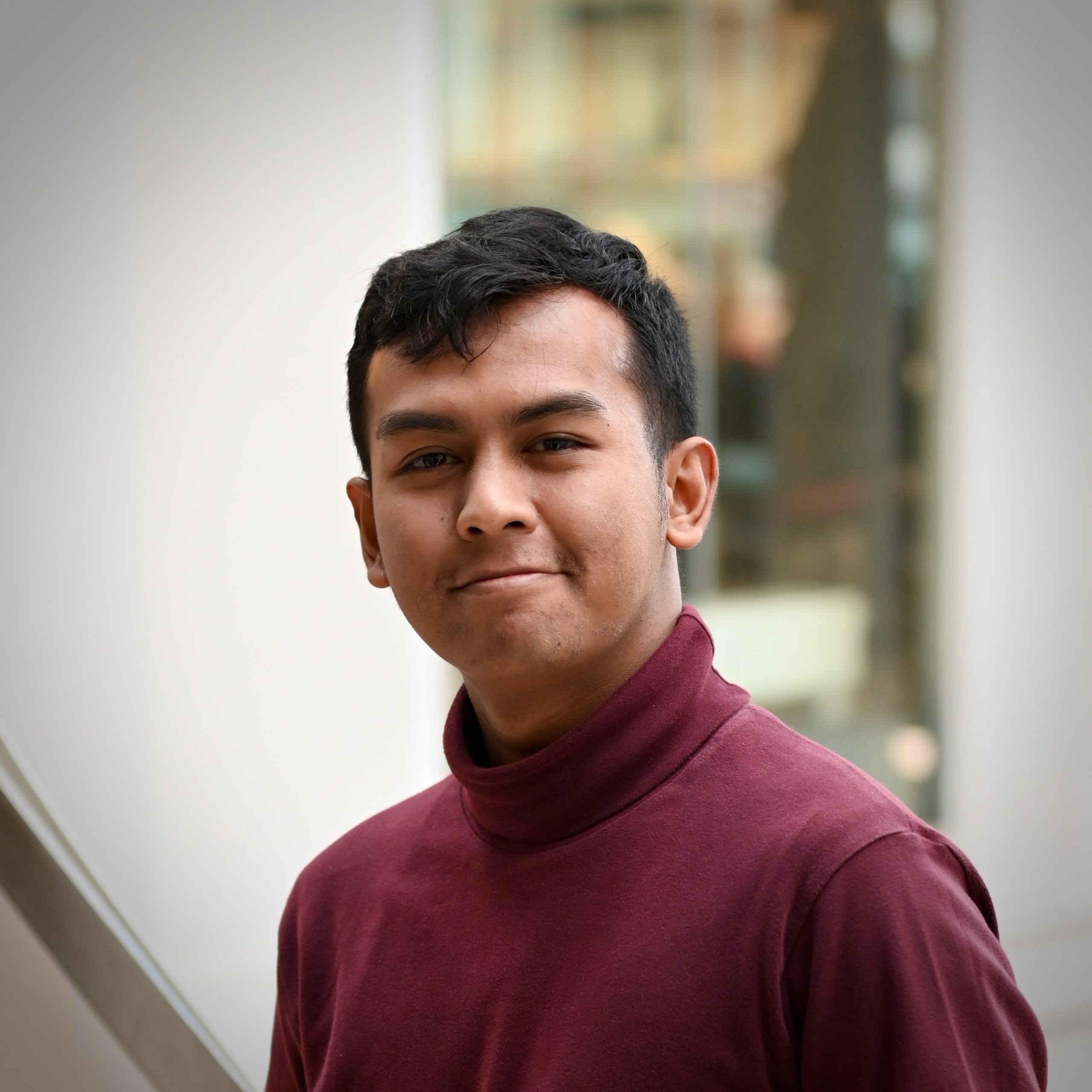
Arfa Shaha Syahrulfath
Phd Student
My research focuses on developing a robust robotic assistant for surgical interventions through multimodal perception and learning. This research aims to advance robotic-assisted surgery by leveraging modern AI techniques, particularly Action Chunking Transformers (ACT) and Vision-Language-Action (VLA) models, to create systems that can better support both patients and medical professionals.
Tell us about your journey before you joined the Centre for AI in Assistive Autonomy?
I earned my Bachelor’s degree in Electronics and Instrumentation from Universitas Gadjah Mada (Indonesia), before further refining my expertise in Artificial Intelligence and Computer Vision through a Master of Science in AI at the University of Edinburgh. My passion for robotics began in my first undergraduate year, when I work as a Computer Vision Programmer for the Gadjah Mada Robotic Team (Humanoid Robot Soccer). For my master’s dissertation, I explored various 3D point-cloud segmentation methods for robotic grasping of everyday supermarket objects, thus bridging the gap between perception and manipulation in real-world settings.
What motivates you to work in this area?
Raised in a family of healthcare professionals, I have always been driven by the desire to improve people’s health through technology. Even though I didn’t follow the traditional medical path, I want to find my own way to contribute, which is by combining AI, Computer Vision, and Robotics to enhance surgical precision and safety.
What do you love about Edinburgh?
Coming from a small town in Indonesia (Pekalongan), living in Edinburgh feels almost like a dream, surrounded by its majestic architecture and storybook charm. Beyond its beauty, what truly inspires me is the city’s deep-rooted legacy in mathematics, computer science, and AI research, dating back to the 1960s. Walking through a place where the history of AI was written ignites my motivation to research even greater.
